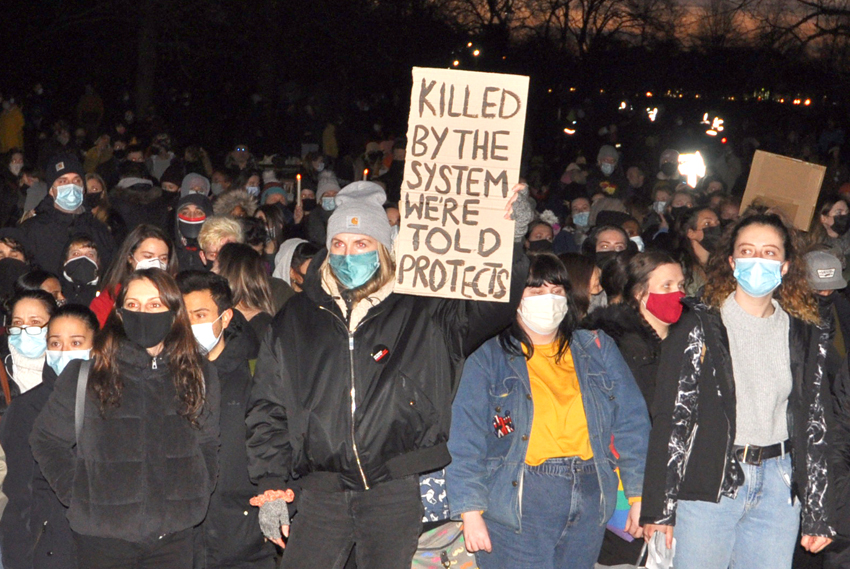THE BBC is to be prevented from naming a man it says exploited his status as an MI5 agent to abuse a partner and who poses an ongoing threat to women.
A High Court judge has ruled that identifying the man, known only as X, would create a ‘real and immediate’ risk he would be killed or injured.
The judgement proceeds on the basis that X is a danger to women, but it makes no formal finding.
The BBC said it would still be able to report key parts of its story.
The judge said the BBC’s investigation ‘comfortably’ met the test of showing the allegations it seeks to broadcast are ‘serious and have a credible evidential basis’.
Attorney General Suella Braverman applied for an injunction preventing the identification of X by a planned BBC story.
Without confirming or denying whether X was an MI5 agent – a covert human intelligence source, in other words – she said the story would place X at risk of harm or death and that it would also damage national security by making people less likely to work as agents now and in future.
In such circumstances, she submitted there could be no balancing of X’s interests against the interests of others, including the interests of any women who might potentially in the future be harmed by him.
The BBC did not accept that revealing X’s identity would give rise to a real or immediate risk to him – and argued the only people to be deterred from working as agents would be those engaged in similarly abusive conduct.
The corporation argued that X had exploited his intelligence status to coerce and terrify a former partner, abused a separate woman, and that identifying him would therefore protect other women from harm.
It also argued that MI5 should have known about X’s behaviour and realised it was inappropriate to use him.
Much of the government’s evidence was heard in secret, without the BBC or its lawyers present.
Security-cleared barristers, known as special advocates, were appointed to act on its behalf in the closed sessions, but they could not communicate directly with the BBC after seeing the sensitive material.
Mr Justice Chamberlain, granting an interim injunction in the ruling, has said he is satisfied that if the alleged agent’s identity became public ‘there would be a real and immediate risk that X would be killed or seriously injured’.
The senior judge said he relied on a ‘closed’ MI5 statement that contained a ‘detailed and nuanced assessment of the risks to X and others arising from disclosure of X’s identity’.
He said the statement ‘cannot and does not purport to predict with accuracy when (or even whether) the risk will materialise’.
He said he had borne in mind that, according to the BBC, X had chosen to tell one former partner he worked for a security or intelligence agency.
He also ruled that, as a result of evidence heard in secret, were X to be named it was ‘likely that extensive measures would be implemented to protect him’ and that these ‘would substantially undermine the protective effect which disclosure of his identity would have on women considering a relationship or liaison with him’.
The judge does not describe the measures, but possibilities might include a change of identity or appearance.
The judgement stated: ‘Once these measures had been taken, as they are likely to be, public disclosure of X’s identity would not materially reduce any risks that X poses to women.
‘This undermines one of the principal public interest justifications in favour of publication.’
The BBC said in a statement that it would report the key elements of the story, without identifying X, after clarification of the precise restrictions, expected next week.
It said: ‘We fought the case to try and tell as fully as possible’ two women’s stories of their alleged abuse at the hands of X and his use of his status as an MI5 source to ‘coerce and terrify one of them’.
‘This is because we firmly believe these are matters of the highest public interest – the issues of coercive control of women, male abuse of power and the failure of state institutions to address these problems,’ the statement said.
It said the secret procedures are a ‘significant departure from the principles of open and natural justice, as the judge himself states’.
